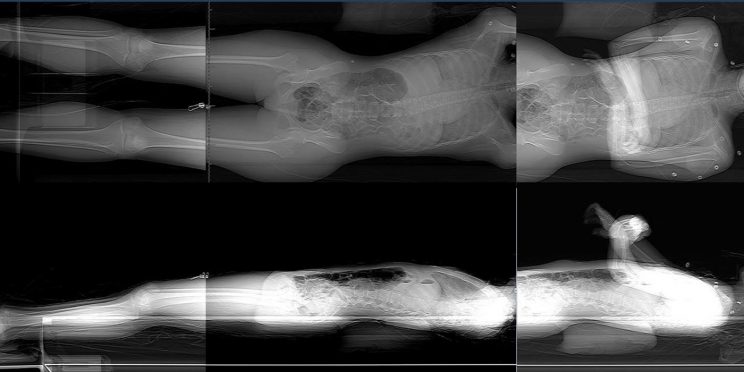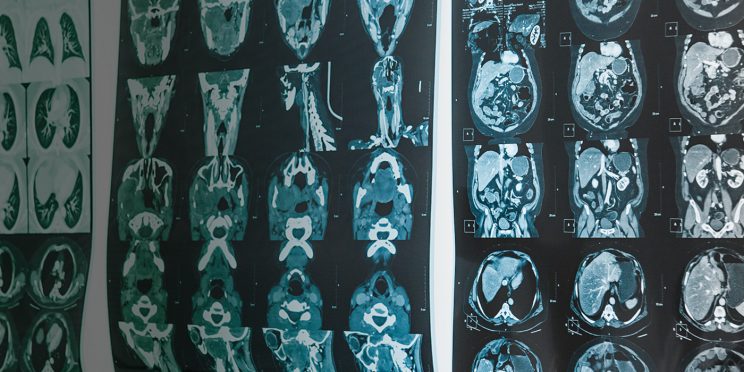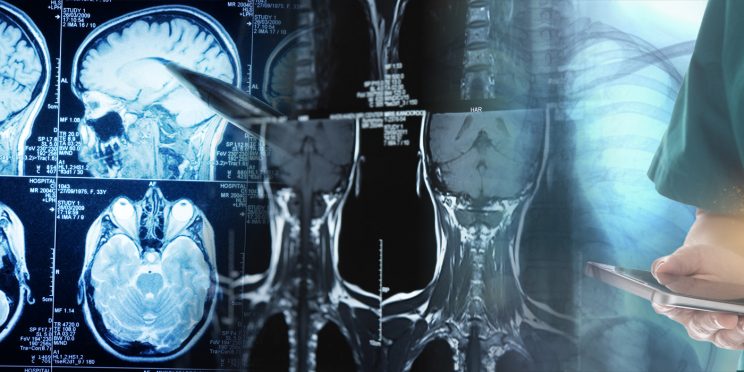Overview
Morning Session I: Forensic Anthropology
The NIJ Research and Development (R&D) Program funds both basic or applied R&D projects that will: (1) increase the body of knowledge to guide and inform forensic science policy and practice, or (2) result in the production of useful materials, devices, systems, or methods that have the potential for forensic application. The intent of this program is to direct the findings of basic scientific research and development in broader scientific fields applicable to forensic science and ongoing forensic science research. This program is directed toward the development of highly discriminating, accurate, reliable, cost-effective, and rapid methods for the identification, analysis, and interpretation of physical evidence for criminal justice purposes. Original Live Symposium took place on 02/20/2018.
Forensic Anthropology
- Welcome Opening Remarks
- Gerald LaPorte | Director, NIJ
- The Macromorphoscopic Databank: A New Tool For Forensic Anthropologists
- Joseph Hefner | Michigan State University
- Analysis of Inter-and Intra-Observer Error Associated with the Use of 3D Laser Scan Data of the Public Symphysis
- Detelina Stoyanova & Jieun Kim | Florida State University
- Building a Science of Adult Cranial Fracture
- Mariyam Isa | Michigan State University
- Standardizing a Large-Scale, Whole Body CT Image Database
- Shamsi Berry & Heather Edgar | University of New Mexico
Funding for this Forensic Technology Center of Excellence webinar has been provided by the National Institute of Justice, Office of Justice Programs, U.S. Department of Justice.
The opinions, findings, and conclusions or recommendations expressed in this webinar are those of the presenter(s) and do not necessarily reflect those of the U.S. Department of Justice.
Contact us at ForensicCOE@rti.org with any questions and subscribe to our newsletter for notifications.




